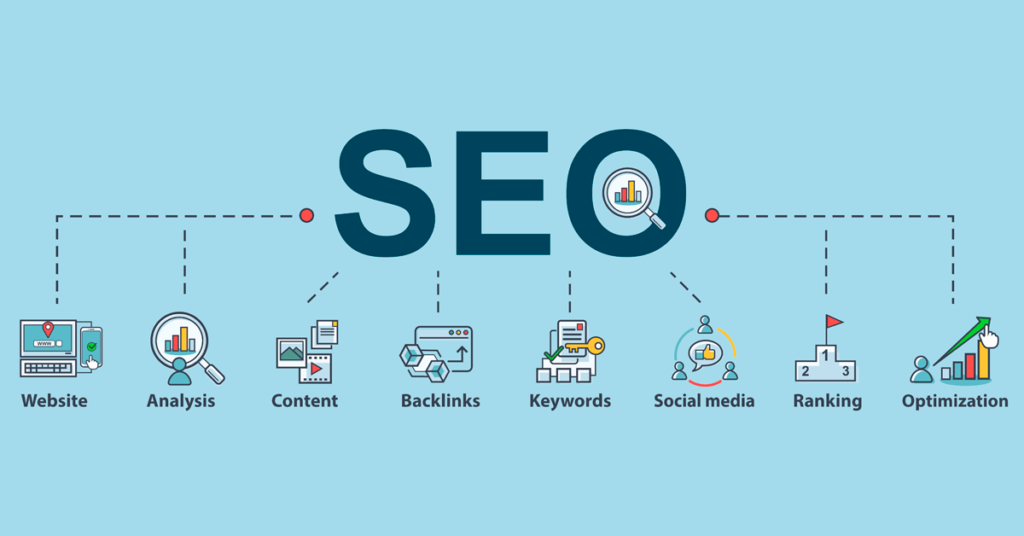


Unlocking Success: A Comprehensive Guide to SEO Audits and Optimization–

Introduction:
In the fast-paced world of digital marketing, maintaining a strong online presence is essential for businesses seeking to stay ahead of the competition. Search engine optimization (SEO) audits play a crucial role in identifying areas for improvement and optimizing websites for better search engine rankings. In this comprehensive guide, we’ll explore the importance of SEO audits, key strategies, and best practices for conducting audits and optimizing websites for success.
Understanding SEO Audits:
An SEO audit is a comprehensive evaluation of a website’s performance in terms of search engine visibility, user experience, and technical optimization. It involves analyzing various aspects of a website, including on-page and off-page factors, technical issues, and content quality, to identify areas for improvement and optimization. By conducting regular SEO audits, businesses can identify issues that may be hindering their search engine rankings and take corrective actions to improve their online visibility and performance.
Key Components of an SEO Audit:
An effective SEO audit typically includes the following key components:
Best Practices for Conducting an SEO Audit:
When conducting an SEO audit, it’s important to follow best practices to ensure thoroughness and accuracy:
Conclusion:
In conclusion, conducting regular SEO audits is essential for businesses seeking to maintain a strong online presence and improve their search engine rankings. By understanding the key components of an SEO audit, following best practices for conducting audits, and implementing actionable recommendations, businesses can optimize their websites for success in the competitive landscape of digital marketing. SEO audits are not a one-time effort but rather an ongoing process that requires continuous monitoring and optimization to achieve and maintain optimal search engine performance. By incorporating these SEO audit techniques into their digital marketing strategy, businesses can strengthen their online presence, attract more organic traffic, and achieve their business goals.